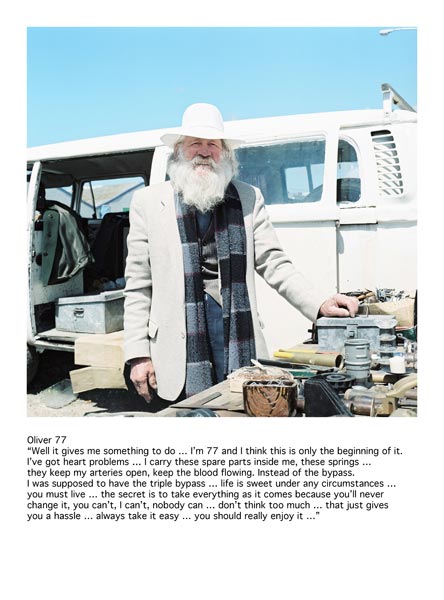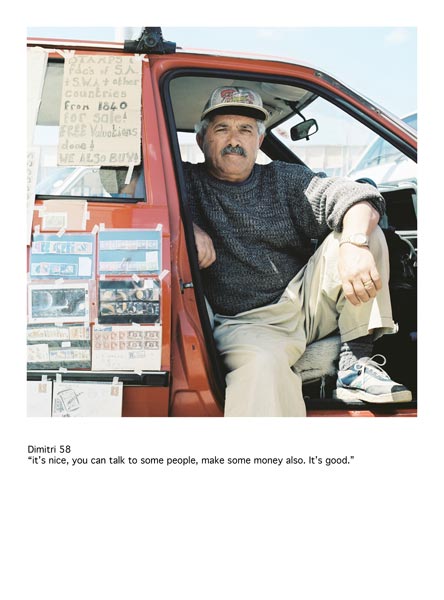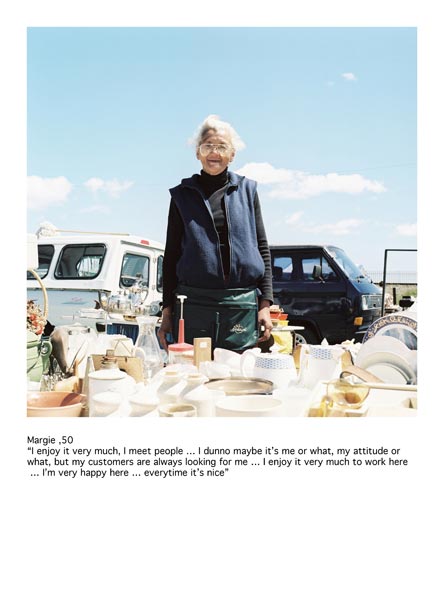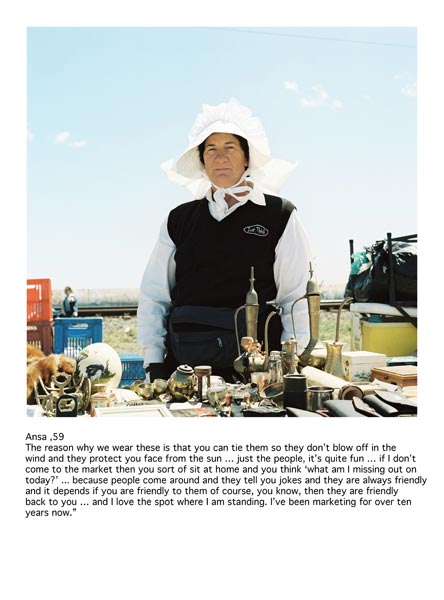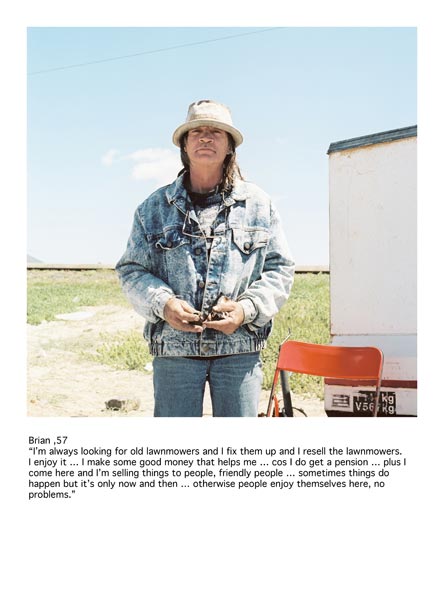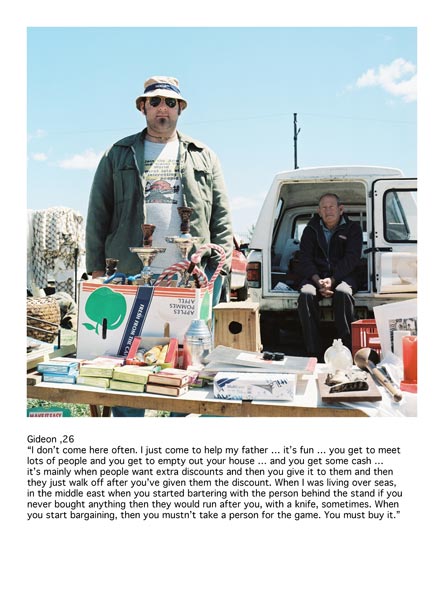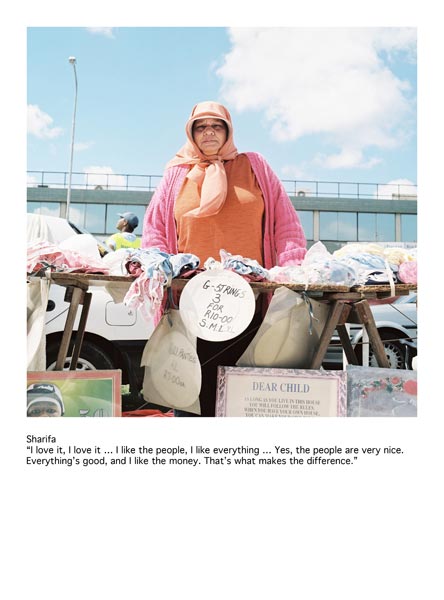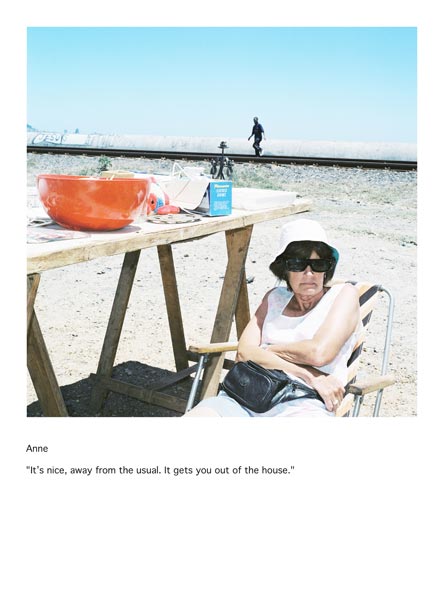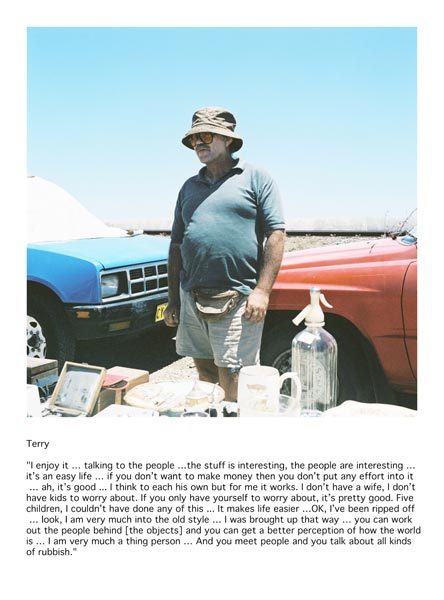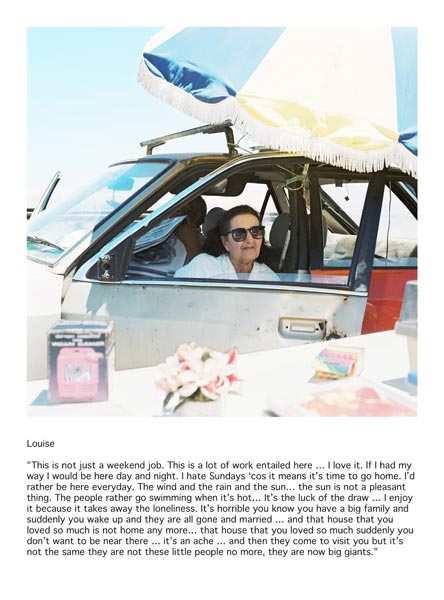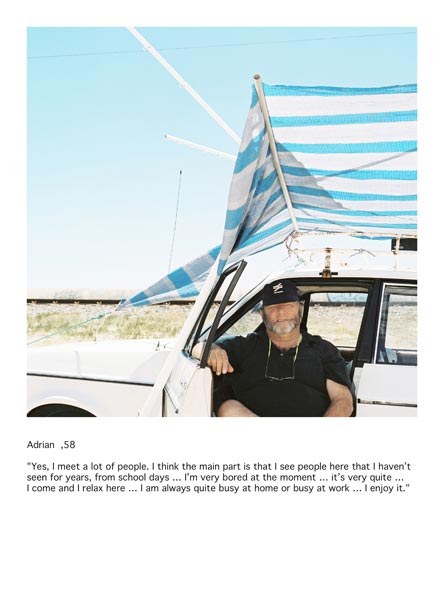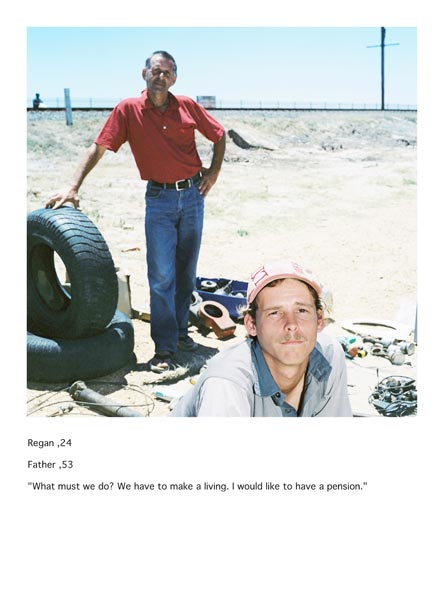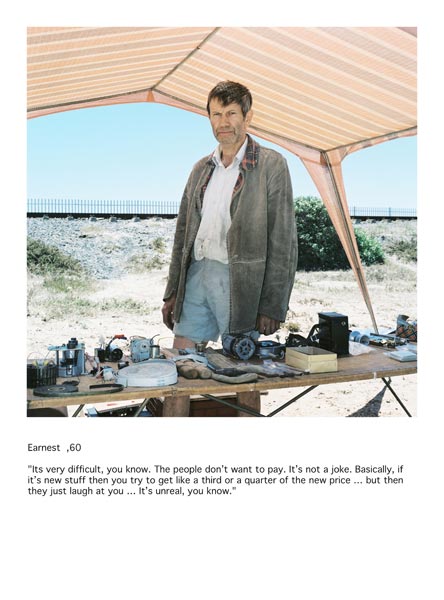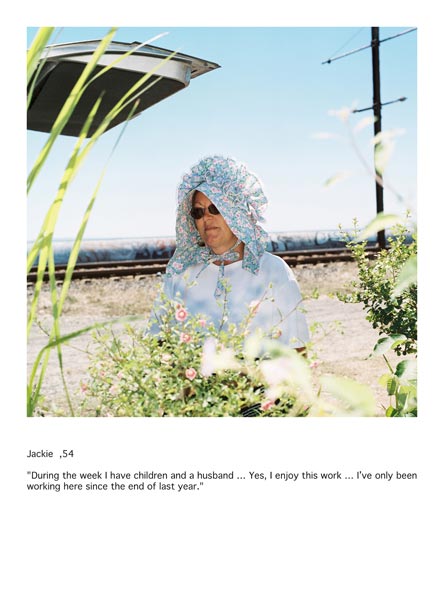One Man's Waste is Another Man's Want
 Ever since I was young I have had a fascination for flea markets and the unusual "junk" that can be found there. Every Sunday I would cajole my parents into taking me to the flea market so that I could spend my pocket money on some unexpected treasure; old military paraphernalia, used sporting equipment, interesting clothes or, occasionally, an old camera still in working condition. Where else could you spend R10 and come away with an armful of junk feeling like a millionaire?
Ever since I was young I have had a fascination for flea markets and the unusual "junk" that can be found there. Every Sunday I would cajole my parents into taking me to the flea market so that I could spend my pocket money on some unexpected treasure; old military paraphernalia, used sporting equipment, interesting clothes or, occasionally, an old camera still in working condition. Where else could you spend R10 and come away with an armful of junk feeling like a millionaire?
Flea markets provided a welcome relief from the antiseptic malls and their mass-produced and over-priced tacky merchandise. Whereas for some people the traders had only worthless odds and ends to sell, for me the piles of old stuff carried layers of meanings and associations that seemed to resonate endlessly onwards and outwards. In a way, this "junk" was not so much the discarded artefacts of a society but rather a kind of distilled essence of its character. And what was more, there was always the possibility that one might unearth something of real value that others had failed to recognise. But whatever one came away with, there was always the pleasure of having discovered something of value to oneself.
Recently, I became curious about the people who make their living by trading at flea markets. If I was drawn to that world only occasionally, what was it like to spend all week gathering rare and unusual objects only to have to let them go again on the weekends? And in their continual searching through our detritus what are these people seeing of our hidden lives and obscured histories? In some people's eyes the flea market traders might be viewed as living off what we throw away; and hence, that which has no essential value. Perhaps, though, they are recycling more than just the things that filled up our garages. And it may be that in this unique role they have a privileged insight into our lives.
About Sean Wilson
Sean currently lives in Cape Town where he works as a freelance photographer.
Contact
First Issue of AK47.tvWebsite

